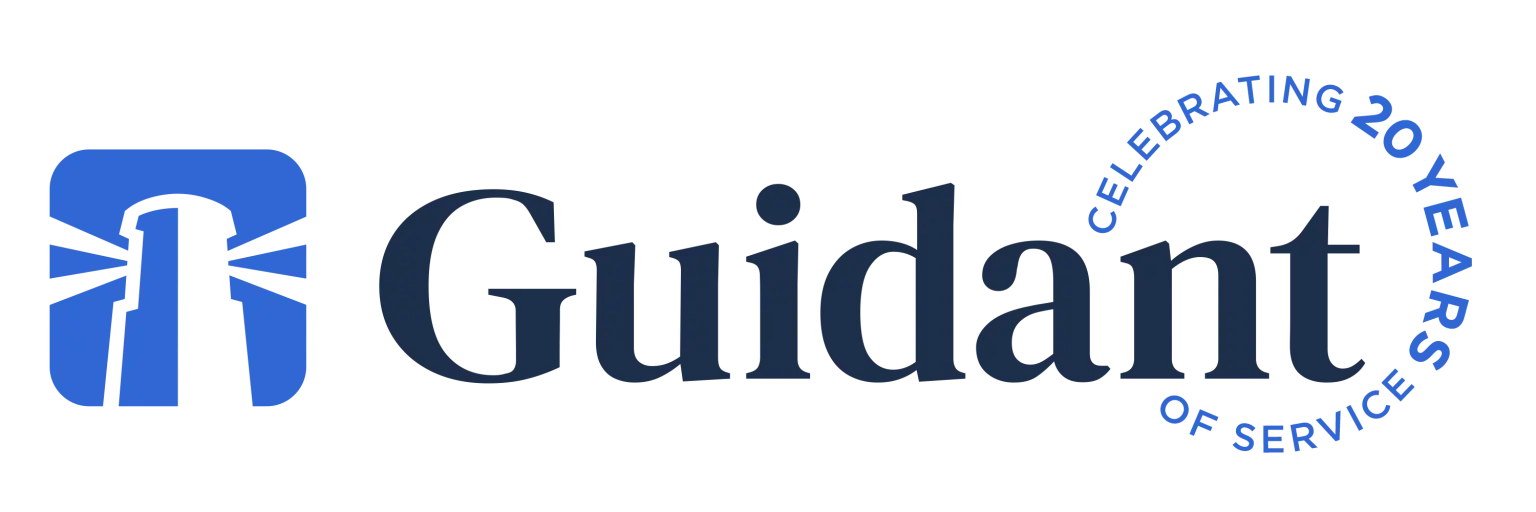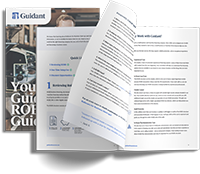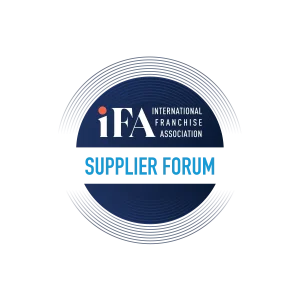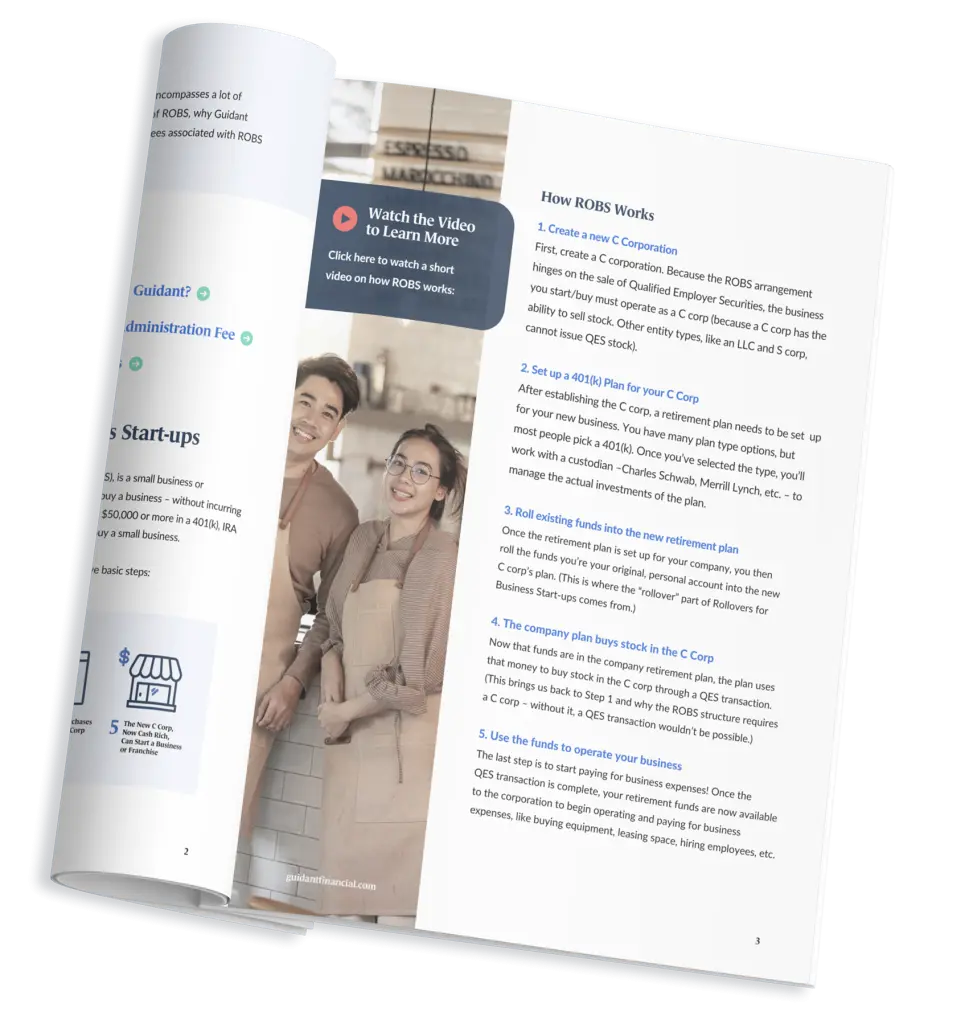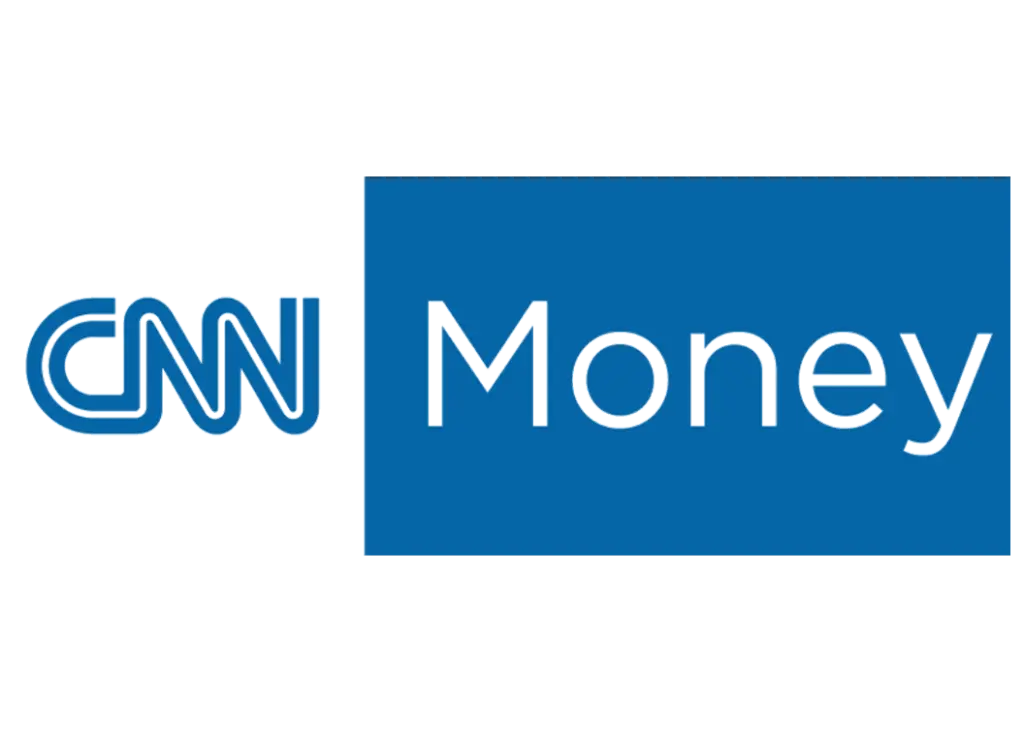The majority of small businesses will likely see benefit in the tax reduction for pass-through income. Over 90 percent of businesses in the United States are pass-through entities (sole proprietorships, partnerships and S corporations all fall under that bracket), meaning income is ‘passed through’ to the business owners’ tax return and taxed at their individual tax bracket. Under new tax legislation, these businesses should be able to qualify for a 20 percent deduction on taxes for pass-through income. For example, if a small business has $100,000 in income that will be passed through, only $80,000 of that would be taxable under the new tax law.
But it’s the corporate tax reduction that’s turned the most heads, which lowers the corporate tax rate from 35 percent down to 21 percent. Because pass-through entities are not required to pay corporate taxes, they won’t benefit from this new legislation, but C corporations will.
How C Corporations May Benefit Under the New Corporate Tax Rate
C corporations are not pass-through entities and are required to pay corporate taxes. Income earned by the corporation is taxed at the corporate level, and any distributions made to stockholders as wages are taxed at the stockholder’s individual tax bracket. Dividends that are distributed receive preferential tax treatment and are taxed at 0 percent, 15 percent or 20 percent, depending on the taxpayer’s tax bracket. With the new reduction in corporate tax rate from 35 percent to 21 percent, C corporations should see a significant reduction in taxes at the corporate level, and stockholders may see additional savings depending on their individual tax bracket. These savings can be used for business growth, expansion, equipment purchases or even job creation, and may even spur economic growth.
C corps are the only business entity that allow for publicly traded stock, so behemoths like Amazon, Microsoft, Google, etc. could see massive gains from the reduction in the corporate tax rate. However, a subset of small businesses also use C corps and may see favorable returns as well.
C corps support offering stock in return for cash, so many small businesses hoping to secure crowdfunding opt to use this business structure. Similarly, C corps are also the only entity that allow for 401(k) business financing (known as Rollovers for Business Start-ups or ROBS), which allows the use of eligible retirement funds to start or buy a business without incurring tax penalties. In essence, the retirement fund acts as an investor in the new business and receives stock in return for cash. The new small business or franchise can then use that cash for start-up or growth expenses, or as working capital. The ROBS structure is not affected by the new tax legislation.
Section 179 Deduction for Equipment Expensing More Generous
The new tax bill also allows for double the amount of equipment expensing that a small business can write off each plan year. The Section 179 deduction allows a company to immediately expense up to $1 million in tangible business equipment expenses each plan year.
To be sure, all companies, small or large, will need good financial advisors and tax accountants to ensure compliance with the new tax regulations, but there are reasons to be optimistic. There hasn’t been a better time in recent history to become a business owner. And, if structured the best way for optimizing start-up capital, entrepreneurs may now have the incentive and path forward required to make their business dreams come true.
